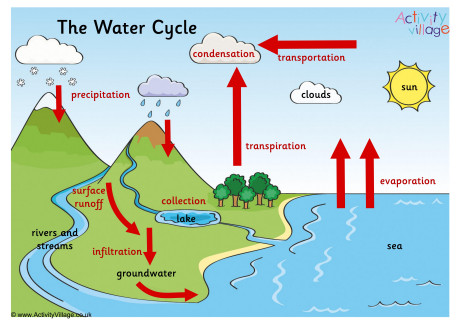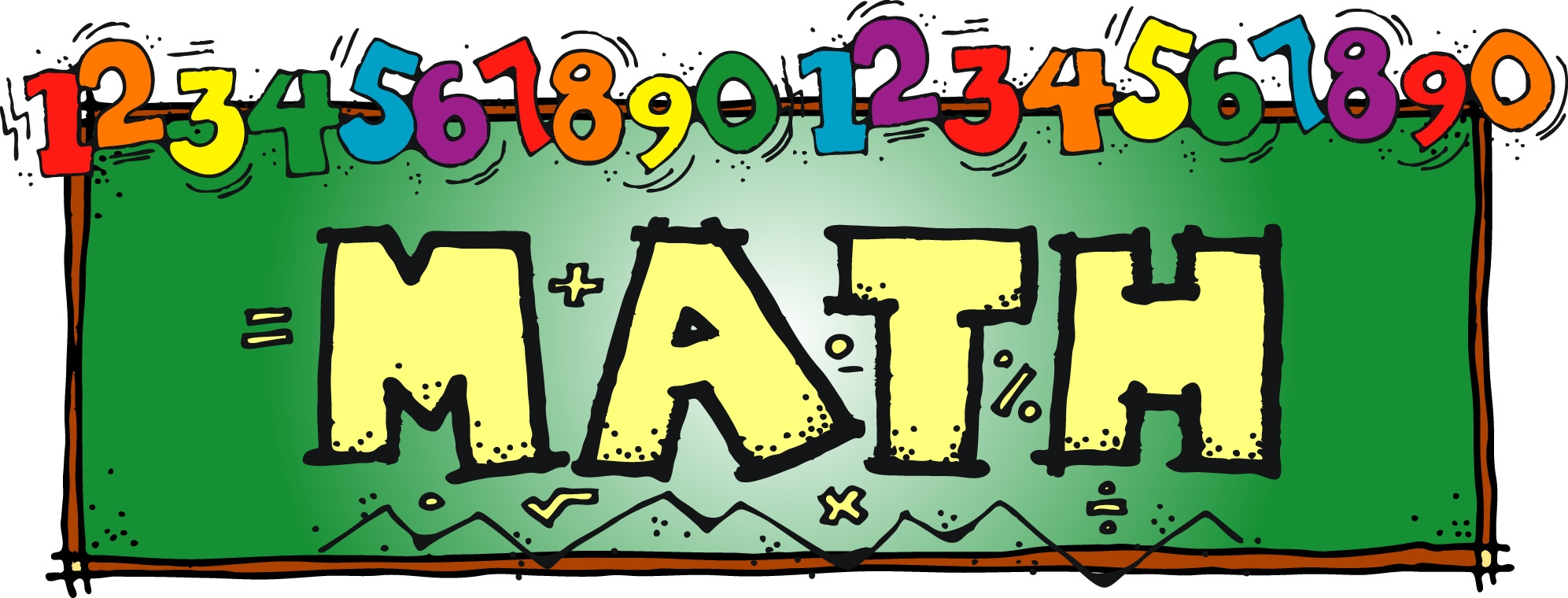Grade 1’s:Grade 1 Week 26 Spelling Words:Activity
Grade 2’s: Grade 2 Week 26 Spelling Words:Activity
Division 4
Grade 1’s:Grade 1 Week 26 Spelling Words:Activity
Grade 2’s: Grade 2 Week 26 Spelling Words:Activity
Dear Division 4 Families,
With regards to assessment, please keep all work that is completed for online education (i.e. any worksheets, writing responses, spelling). If you have not kept what was done up until now that’s ok! Since I am not able to assess in a classroom as usual, I am asking that you assist your child with reflecting on what they have done each week. Every Friday (unless there is a holiday, then it would be Thursday), please send me one email which includes a photo of something that your child is proud of in terms of their work or an activity, and a photo of something that they feel they could have changed, done differently or which they need more practice with. We will go with this approach for now and then I will revisit this approach in a couple of weeks to see if there are ways it can be improved for our class. You can either get started on this and do it today or you can wait until next Friday. This photo could be of a writing response and drawing, or of them doing an activity, or a finished worksheet. In addition, please write a note or have your child write it (this could be great for writing practice), saying what they felt was good in terms of understanding and what they felt they struggled with or need more help or practice with. This email can be as short or as long as your child wants it to be. It could just be the photos with one sentence describing how they felt that week or it could be a paragraph or longer. It can also include a message to me if they just want to write about how they are doing or talk about something that they have discovered recently (however it’s up to your child if they want to include this).
Also, it could be helpful if you could help your child with picking varied subjects. For example, instead of every email consisting of writing responses, perhaps they could include math or other activities (so that I am able to assess more than one skill/subject). That being said, if your child truly wishes to pick their writing responses to show to me each week that’s ok (closer to the end of term, I may ask for some additional photos/descriptions of their work so that I can assess them).
Thank you for all of your support! I know it can be challenging to be both a parent and act as a classroom teacher at home and I appreciate everything that you are doing.
*Because I am asking that work be submitted on Friday, please note that it may take a couple of days to receive feedback.
Sincerely,
Ms. Chin
Before we left school for Spring Break, we had started talking about the Water Cycle! Before watching the video and looking at the song, diagram and worksheet, think about what you remember about the water cycle. What parts do you remember? Can you describe what’s happening in each stage? Can you name some sources of water? (One source is the ocean).
Below is a video to remind you of the parts of the water cycle, a song that you can learn to help you remember the key parts of the water cycle, a diagram of the water cycle, as well as a worksheet that you can print and complete (or figure out the answers and say them verbally).
Video: The Water Cycle
In the video the last stage they talk about is Collection; we have called this Accumulation in our class. Accumulation refers to water that did not get evaporated or absorbed into soil. The process leading to Accumulation is called Runoff.
Water Cycle Song: Water Cycle Song
Water Cycle Diagram: Water Cycle Diagram
Water Cycle Worksheet: Water Cycle Cut and Paste Worksheet


Addition/Subtraction: I have attached some worksheets along with some reminders for the grade 2’s about “borrowing” and “carrying the one”. There are a handful of worksheets. I do not expect these to be done all in one day or in one sitting. They can be completed over the next few days and if you don’t have access to a printer, try practicing some on a blank piece of paper.
Grade 1’s: Remember to draw dots, circles, lines or use pencil crayons or objects around you to help you if you need it! Practice counting on with your fingers too! (22+5, Put up 5 fingers, now count from 22: 23, 24, 25, 26, 27. 22+5=27). You can also use a number line to help you.
Worksheets: Grade 1’s Single Digit Addition
Grade 1’s Easter Single Digit Addition:Subtraction (Answers are included on the last page for students to check their work)
If your child has mastered single digit addition and subtraction and feels comfortable with it, the extension is for them to try the grade 2 worksheets (they may need some reminders about how to do the operations, we have practiced them in class but we have been off from school for a while!).
Here is a worksheet to get them started again with double digit addition: Double Digit Addition Traceable Boxes
Counting On with Your Fingers
Dots
Number line
Grade 2’s: Worksheets: Double Digit Addition Subtraction Regrouping:No Regrouping
Reminder: Dougle Digit Addition:Subtraction Posters
Video: Addition without regrouping
On a blank piece of paper, write about what you did on Spring Break! Grade 1’s please try for 2-3 sentences. Grade 2’s please try to do 3 sentences or more (try to aim for 4-5). Remember to use punctuation, capitals and to space out your words! Here are some templates you can use to write if you would like something with lines (choose whichever one works best for you). Writing Templates
To get you started I’ll tell you about my Spring Break:
My family and I mostly stayed at home over Spring Break. On Saturday March 14th, I went to a baby shower for a family member (this is a party for someone who is having a new baby)! It was lots of fun. There were lots of different presents and it was nice being able to see everyone. For the rest of Spring Break my family and I decided to stay at home. We wanted to spend quality time with each other and played games, read lots of books and watched some movies! We also did some work around the house and cleaned everything. We even got around to doing things we have been meaning to do like taking down the old shed! Below are a couple of pictures. As always, Ollie slept through everything!
Below is a notice from the district which I was asked to pass on to families.
Sincerely,
Ms. Chin
Dear Division 4 Families,
I hope you have all been doing well! I just wanted to write a quick post to let you know that I signed up for an account for a website that provides access to levelled books. Each child has an account under my teacher account. Use of this website is entirely optional; it just provides more access to levelled books where your child can read independently or listen to a book being read and follow along.
Take care,
Ms. Chin
Before the break, we were working on financial literacy and measurement. Please review the concepts with your child.
Financial Literacy: we worked on this concept with our reward system using paper money. We discussed the coins themselves, as well as concepts such as saving vs. spe nding. Please help your child to review the names of the coins (penny, nickel, dime, quarter, loonie, toonie), corresponding values, as well as identifying features (i.e. a dime has a boat on it/aka “schooner”, the $5 dollar bill is blue etc.). To review, try playing the “money game” with your child or see if they are interested in playing it with other kids during “virtual playdates” or with siblings. It’s a simple game where I would give the kids funny scenarios or storylines and they would have to choose what coins/bills to use to pay for the imaginary items. Below is the document for coins that they can use to play the game. I also found one for bills, however an option is that your child could cut out some rectangles and write various denominations on them ($5, $10, $20, $50, $100) and colour them in the corresponding colours for the bills.
nding. Please help your child to review the names of the coins (penny, nickel, dime, quarter, loonie, toonie), corresponding values, as well as identifying features (i.e. a dime has a boat on it/aka “schooner”, the $5 dollar bill is blue etc.). To review, try playing the “money game” with your child or see if they are interested in playing it with other kids during “virtual playdates” or with siblings. It’s a simple game where I would give the kids funny scenarios or storylines and they would have to choose what coins/bills to use to pay for the imaginary items. Below is the document for coins that they can use to play the game. I also found one for bills, however an option is that your child could cut out some rectangles and write various denominations on them ($5, $10, $20, $50, $100) and colour them in the corresponding colours for the bills.
Extension Option: ask them to tell you verbally what coins/bills to use without having the visuals in front of them. You can also ask them to pay you using different coins or bills (i.e. they paid $1 with a loonie, ask them how else they could “make” $1 using the other coins). *If possible, try to get them to practice using real coins/bills.
Paper Money: Canadian Coins
Word Problems for Grade 2’s (or extension option for Grade 1’s): Below is a document with word problems called “Can I buy it?”, students read the word problems and determine if they have enough money to buy certain objects presented in the scenario. Please ask your child to write down their answers on a piece of paper. I have included the answer key so that your child can check their answers. Note: Please tell your child to record their answer for each “set”. There is the “snacks set” (purple edge on cards) and the “toys set” (green edge on cards)
Can I Buy It Word Problems: Can I Buy It? Money-Word Problems
Answer Key: Answer Key-Can I Buy It? Money-Word Problems
Measurement: To review the concepts of measurement, your child can practice measuring things around the home. You can also use non-standard units of measurement (i.e. a piece of paper is two hands long, this window is 7 markers long, etc.). In the classroom, we played the “measurement game” where I would ask them to find objects that were a certain measurement (i.e. “find an object that is 10 cm”) as quick as they could. We practiced using mm, cm, and talked about metres. If you would like your child to complete this activity independently, I have listed some measurements for objects they can find in their home. Here is a printable ruler if they need one: Printable Ruler
Measurement Game: Find me an object that is…..
Find me an object that is…..
Extension option: introduce the concept of inches, feet and yards and have them experiment with these measurements. I did a simple introduction in class and just told them to round to the nearest inch rather than going into detail about fractions of an inch. Note: inches, feet and yards are not part of the Canadian curriculum, however some students were asking about these measurements and I just introduced them.
Note: In recognition that today is Easter Monday and we would normally not have school on this day if we were in regular session, please feel free to postpone working on the new spelling list until tomorrow or another day.
Grade 1’s: Grade 1 Week 25 Spelling Words:Activity
Grade 2’s: Grade 2 Week 25 Spelling Words:Activity
Spelling words and the corresponding activity are below for each grade, as previously mentioned, if you know that your child is on a different list, please check your email! Please go over any patterns in how words are spelled (for example: words that have a “th” or the short u sound=”uh” ).Please test your child on these words Friday, next Monday or any day that works best for you and your family.
Grade 1’s: Grade 1 Week 24 Spelling Words:Activity
Grade 2’s: Grade 2 Week 24 Spelling Words:Activity
© 2026 Ms. Chin
Theme by Anders Noren — Up ↑